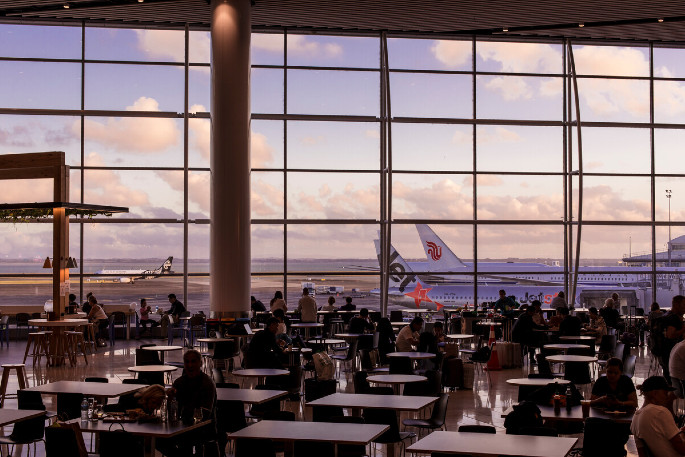This Content Is Only For Subscribers
In a significant development for the aviation industry, domestic airlines have expressed strong approval of the Commerce Commission’s draft report findings, emphasising the necessity for an urgent inquiry into airport regulations.
In light of the original media release, July 17, the response highlights airlines’ concerns over what they perceive as airport overreach and the need for regulatory oversight.
Auckland Airport, however, has pushed back against the airlines’ assertions. And has pointed out airlines for selectively interpreting the draft report to advance their agenda of bypassing the ongoing regulatory process.
In a statement, July 18, Auckand Airport says “The airline response to the draft Commerce Commission report shows a desire to cherry-pick conclusions that suit their agenda of circumventing the regulatory process that is yet to run its full course,”
They say “We respect the role of the Commerce Commission and will consider all aspects of the Draft Report, engage in the next round of submissions, and then respond to the Final Report. If the Final Report continues to say our WACC is too high, we will adjust our pricing.”
For months, airlines have claimed that Auckland Airport has not engaged in appropriate consultation and is overspending on enhancing the travel experience through a new domestic jet terminal. However, the draft report does not support these claims. According to the Commerce Commission, Auckland Airport’s investment plan appears reasonable and has seen significant inspection.
The report also notes that Auckland Airport’s domestic and regional prices through 2027 remain competitive compared to other major airports in New Zealand.
Additionally, the airport’s ongoing project to increase domestic capacity by 26% is expected to foster competition and exert downward pressure on airfares.
Also in the statement, Auckland Airport highlighted that its domestic jet charges, which constitute 4-6% of an average domestic airfare, have only risen by $5 since 2019, indicating a restrained approach to price adjustments.
As the debate continues, the final verdict from the Commerce Commission will be crucial in determining the future landscape of airport regulation and pricing strategies in New Zealand’s aviation sector.



